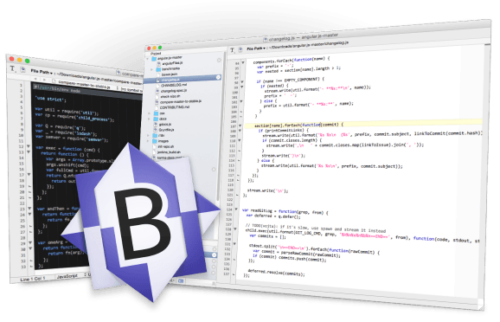

TW has been deprecated, replaced with BBEdit Lite. KM uses the RegEx engine provided by the macOS, which is ICU Regular Expressions. So, they are very similar, but with some differences. This is an amazing forum!įor years I've only used the type of GREP that TextWrangler uses (don't know exactly which one it uses).īoth TW (now BBEdit Lite) and KM use RegEx based on PCRE. I did a Google search but found nothing.Ĭan someone recommend a book/resource for beginners that I can study?Īgain, thanks to all for your help. Before I can understand this, I'd first need to know what "n" and "m" exactly mean. I don't understand exactly what they mean by "Match between n and m times". Match as many times as possible, but not more than m. There's a lot that I don't understand on the ICU User Guide. If not, Is there another text editor that has support for ICU GREP? Might anyone know of a way to change TextWrangler's GREP system to match KM's so I don't go crazy with their differences? If not, can KM's be changed to Match TextWrangler's. It seems that I now have to start learning the type that KM uses. For years I've only used the type of GREP that TextWrangler uses (don't know exactly which one it uses).įor example: In TW /r will find a line return but in KM it must be /R. My brain is developing an aneurysm trying to understand this ICU GREP stuff. The 10.10 solutions do not handle alternative line endings (\r or \r\n), but that is probably not an issue. Replace “(?m)^\n” with “” solution is cleaner, but fails to remove blank lines at the start of the variable:.The best option for removing blank lines is: Thus replacing them with an empty string accomplices nothing because they are already an empty string. They match at the start or end of the text, or with (?m) at the start or end fo the line, but they do not match any characters per se. So the “s” in “(?ms)^\n” is redundant, since you are not using “.” in the pattern. Note that a carriage-return / line-feed pair in text behave as a single line terminator, and will match a single "." in a RE pattern.

(?s) - set, a "." in a pattern will match a line terminator in the input text.If this flag is set, "^" and "$" will also match at the start and end of each line within the input text. By default these will only match at the start and end, respectively, of the input text. (?m) - Control the behavior of "^" and "$" in a pattern.The Flag Options are described in the reg ex help (Help ➤ ICU Regular Expression Reference), and the two in question are: Correct me if I'm wrong.Ī couple points that may help your understanding: Otherwise it seems it will only process the very first line. For those who encounter the same problem as I did, (?ms) simply tells the system to process multiple lines.


 0 kommentar(er)
0 kommentar(er)
